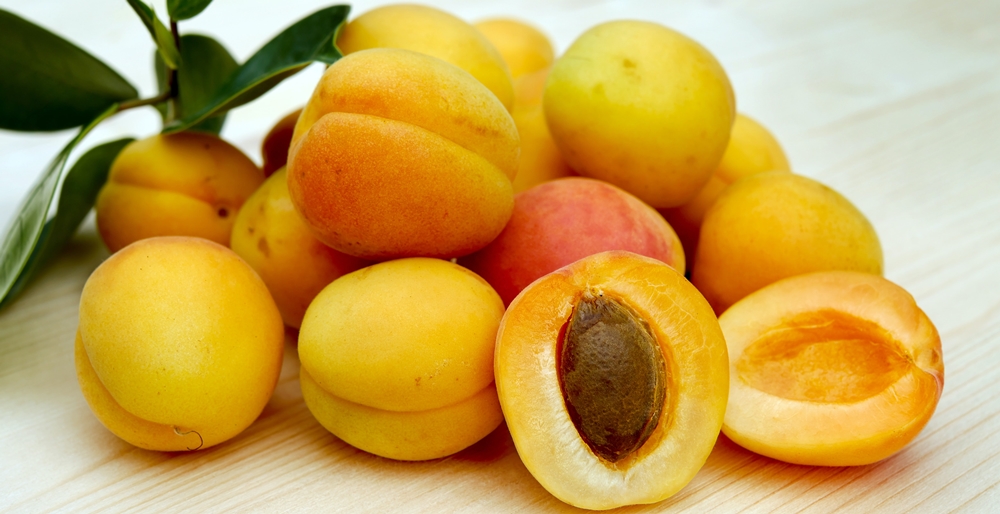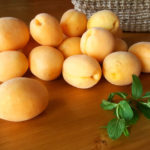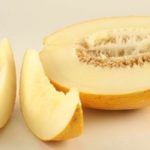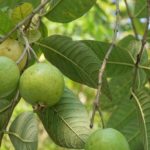The Scientific Name Apricot
Fresh, ripe apricots are really appealing when they arrive on market in their season. The apricot is a relative of the peach fruit and is botanically known as Prunus Armeniaca of the family Rosaceae. In Latin, apricot means “precious” and it is indeed the most precious among fruits as it ripens earlier than other summer fruits.
Apricots are believed to have hailed from China, where it has been cultivated for nearly 4,000 years. Subsequently, these golden fruits migrated to other parts of the world through travelers or traders. They were fondly adopted by the Persian Empire when they crossed the Mediterranean. Alexander the great was also quite fascinated by the apricot. They were introduced to the New World through Spanish explorers. The first major apricot production in America was reported from San Francisco in 1792.

An apricot tree is small to medium in size, generally 12 ft in height, but can attain a height of 45 ft. Leaves are elliptic or cordate and flowers are white and appear in clusters. The fruit is a drupe, 2 – 2.5” wide, yellow or orange in color with a red blush when ripe. The flesh is smooth with a single seed at its center.
Why Prunus Armeniaca?
Did you hear about the little country Armenia? The apricot is one of the national fruits of this country and the scientific name of the apricot is Prunus Armeniaca. The word “Armenia” is included in the botanical name of this fruit, so, in all likelihood, the homeland of this fruit is Armenia or Greater Armenia.
While selecting apricots from the market, go for the fleshy types that have a strong golden orange color. Soft apricots are best in flavor if consumed immediately. It is recommended to keep ripe apricots in the refrigerator. If you buy green apricots, keep them at room temperature to ripen them naturally.
The Armenia variety of apricot is available from July to September. The Chile variety is available from February to March, California types are found in June – July. Apricots from Washington are available in July – August.
An apricot is packed with nutrients. It is rich in Vitamin C and A and is a good source of Potassium.
Apricots are delicious if eaten fresh, but they are terrific after boiling, grilling, or poaching. You can easily slice them up for fruit salads, or make Apricot puree to use in cake, dessert, or on meat.
Pack an apricot for your lunch or add it to your breakfast table – apricots are simply appetizing.



























